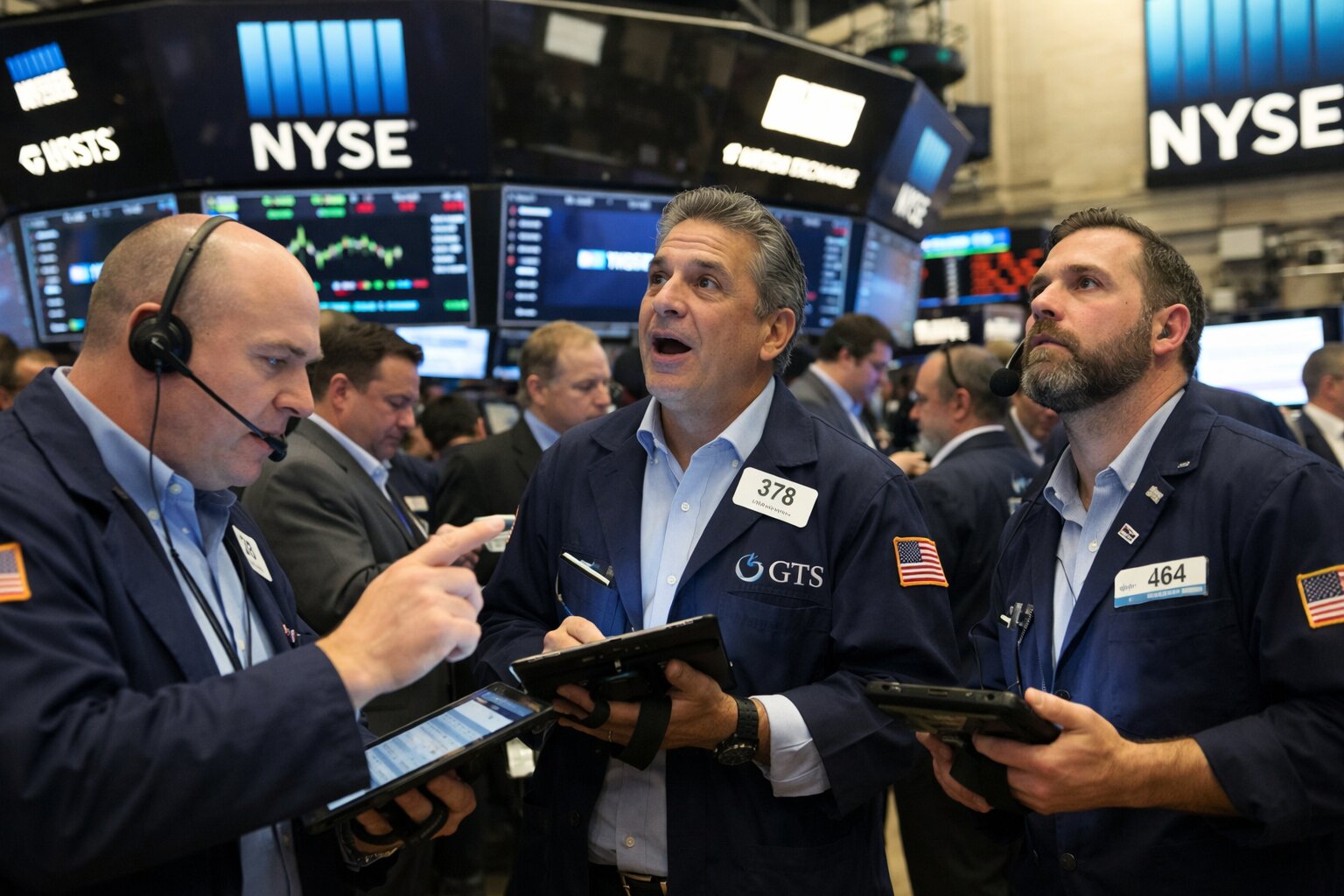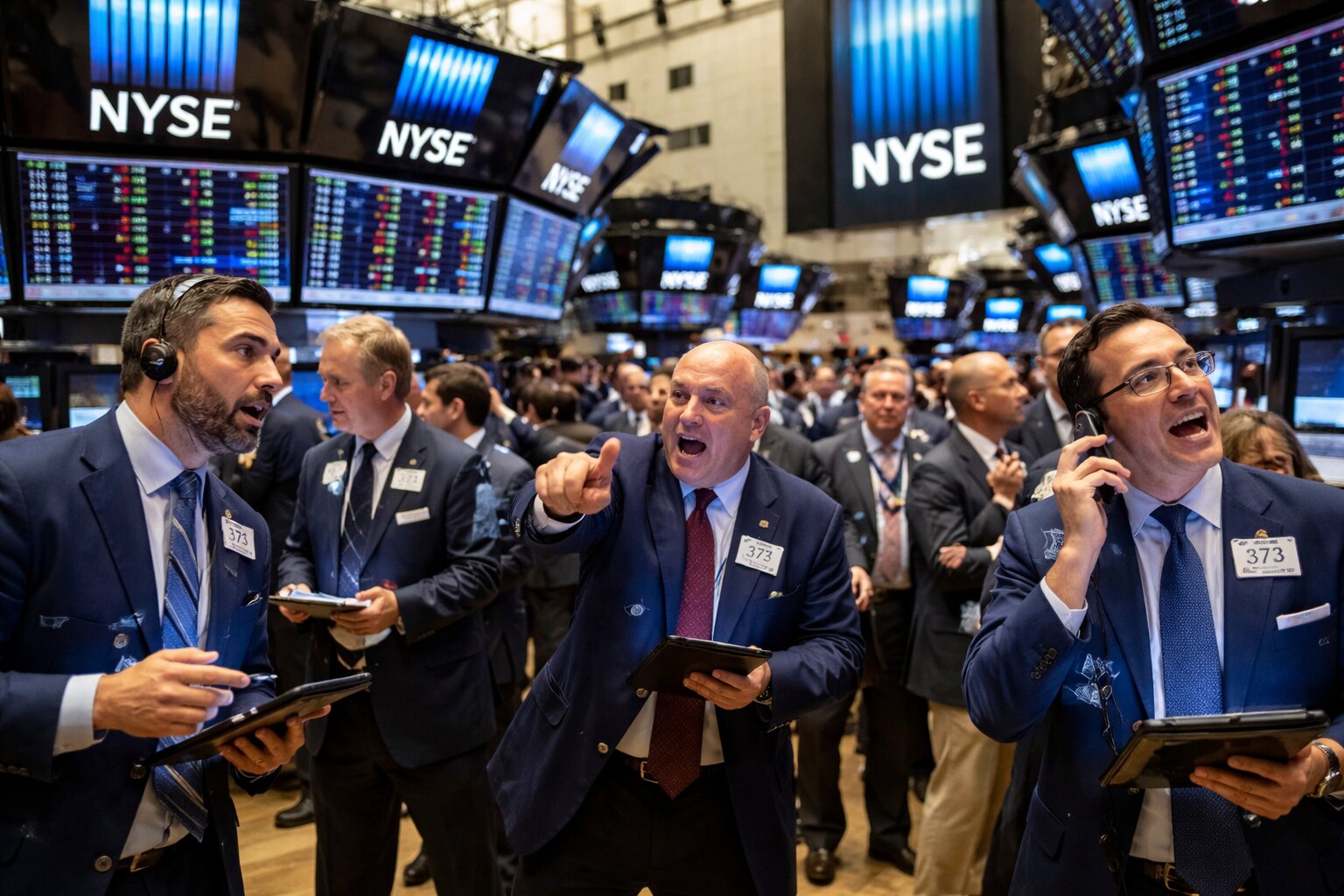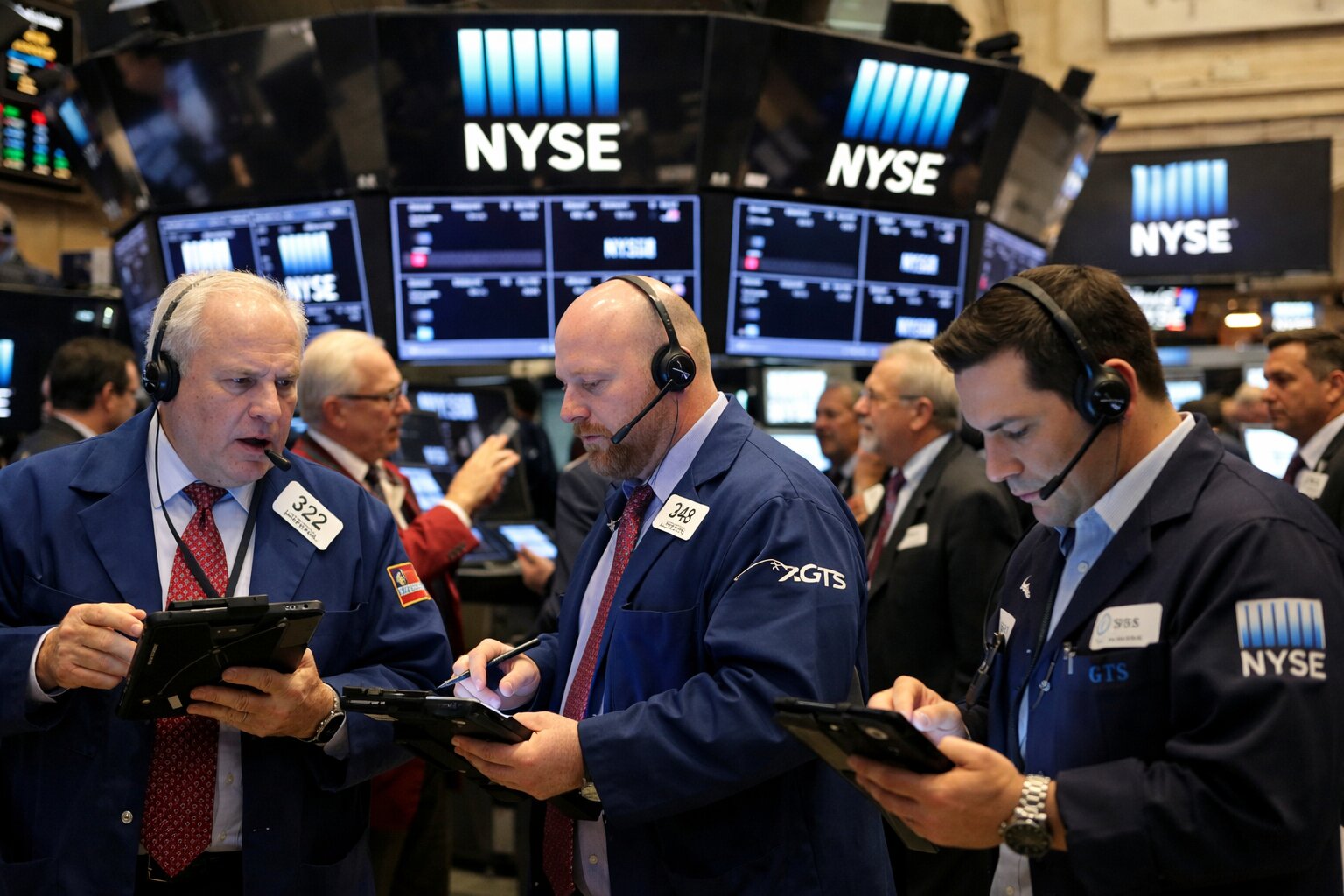UK Economy Feeling the Impact of US Data, Inflation Reaches Four Decade High
Food Prices on the Rise, Businesses Remain Cautiously Optimistic About Future
The United Kingdom's economy is being affected by recent developments in the United States. The release of private payroll data in the US showed a rise that was higher than expected. This has led to the dollar rising and the pound falling. The Federal Reserve is set to make a policy decision, and it is widely believed that this will be the final rate hike before they pause. The ADP jobs report released today is a prelude to the key non-farm payrolls data that is due on Friday. The surprise in the jobs report has been compared to the "ghost of February" by Bloomberg strategist Cameron Crise, when traders were caught off guard by a strong payroll figure.
In the UK, Keir Starmer criticized the Tories' record on housing during PMQs, stating that the average house deposit for a first-time buyer is £9,000. However, figures from Lloyds show that the average deposit in 2022 was actually £62,470, which is 21% of the average purchase price of £302,010. In London, the deposit figure was even higher at £125,378. There is a growing consensus that inflation is showing signs of easing, which could potentially allow the Bank of England to follow the Federal Reserve and pause after just one more rate hike. This is according to economists surveyed by Bloomberg, who anticipate that the key rate will rise to 4.5% on May 11 and then remain on hold.
Food prices in the UK have risen significantly, with fast food and takeaway prices increasing by 13% in the 12 months to March, and restaurant costs rising by 10%. Home cooking has also become less affordable, with grocery costs rising by 19%. The ONS has created an online comparison tool to help households track the rising cost of food and household services. Inflation has reached its highest level in four decades, at 10.1% to March, and is affecting living standards in the UK, especially for those who spend a greater share of their income on essentials like food and heating. The cost of takeaways has risen more than the cost of eating in a restaurant. Fish and chip prices are up 19% in the past year, and burgers, pizzas, kebabs, chicken and chips, and pasties have all seen prices rise by 13% or more.
The worst cost-of-living squeeze in a generation is impacting the budgets of individual households. The Bank of England is concerned that inflation is lingering in double digits even after the quickest round of interest rate increases in four decades. Almost half of Britons have reported that they are buying less food than normal, and food prices are tied with energy bills as the top concern for Britons, according to the Office for National Statistics. The British Retail Consortium (BRC) has reported that food prices rose by 15.7% in the year to April, the biggest increase in records going back to 2005. The BRC represents 5,000 retailers, including supermarkets, and said that the cost of coffee beans and the packaging and production of ready-meals have pushed up food inflation, but prices for butter and vegetable oil have fallen.
In other news, businesses in the UK are cautiously optimistic about the outlook for the rest of 2023. S&P Global reported that its survey of manufacturers' expectations for future output hit the highest since February last year. The Confederation of British Industry said business volumes in the services sector edged down in the three months to April, but firms expected a return to growth in the next three months. The Institute of Directors (IoD) reported a fifth consecutive monthly rise in its members' confidence, returning to its level just before the invasion of Ukraine. Food inflation in the UK rose to 15.7% in the year to April, up from 15.
Read More
-
GPIQ ETF Price Forecast: Can a 10% Yield at $52 Survive the Next Nasdaq Selloff?
09.02.2026 · TradingNEWS ArchiveStocks
-
XRP ETF Price Forecast: XRPI at $8.32, XRPR at $11.86 as $44.95M Inflows Defy BTC and ETH Outflows
09.02.2026 · TradingNEWS ArchiveCrypto
-
Natural Gas Futures Price Forecast: Will The $3.00 Floor Hold After The $7 Winter Spike?
09.02.2026 · TradingNEWS ArchiveCommodities
-
Stock Market Today: Dow Back Under 50K While S&P 500 and Nasdaq Push Higher as Gold Reclaims $5,000
09.02.2026 · TradingNEWS ArchiveMarkets
-
USD/JPY Price Forecast: Can Bulls Clear 157.5 Without Triggering a 160 Intervention Line?
09.02.2026 · TradingNEWS ArchiveForex



















